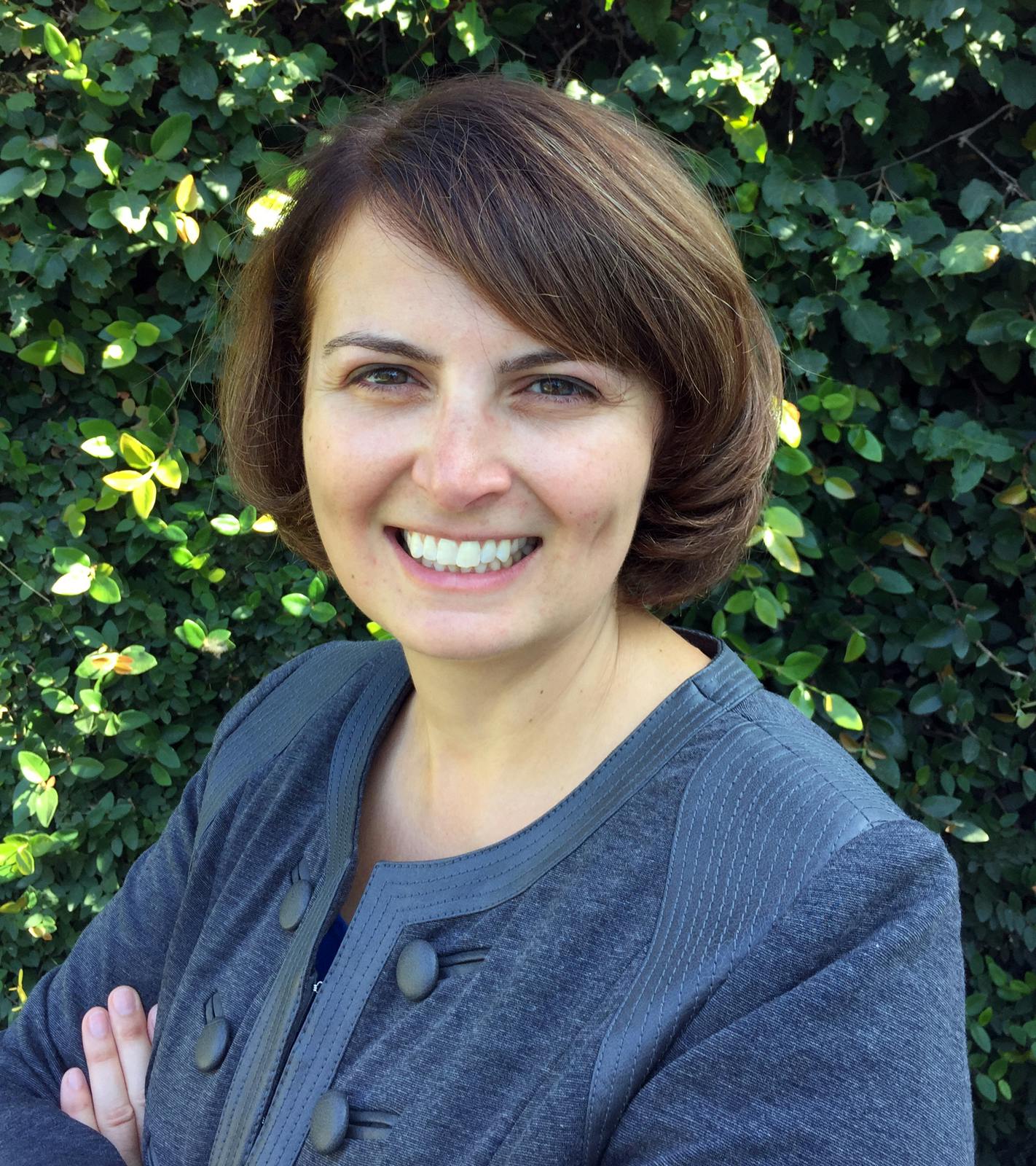As co-founder of the South Asian American Digital Archive (SAADA), Michelle Caswell has empowered members of U.S. communities from South Asian diaspora nations including Bangladesh, India, Sri Lanka, Nepal, and Pakistan to record their histories and to make them available to writers, scholars, artists, and other researchers.
This fall, Caswell, who is an assistant professor in the UCLA Department of Information Studies, will begin a new study on “Assessing the Use of Community Archives,” funded by a $325,000 Early Career Grant from the Institute of Museum and Library Services (IMLS). The three-year project will be comprised of focus groups and interviews with five community archives sites in Southern California to assess the use of community archives. The study will also include the creation of a toolkit for community archives to assess their own users.
“In archival studies scholarship, a lot of studies conceive of the users of archives solely as historians or academics,” says Caswell. “From my experiences as a co-founder of a community-based archive, I know that our user base is much larger than that, but there has been no work on who is using these materials [including] interested community members, artists, activists, and students. This project is the first one to figure out systematically in a geographic area who is using these materials and what that impact is.”
The project will examine the use and users of UC Irvine’s Southeast Asian Archive; Lambda Archives, a LGBT archive in San Diego; the Little Tokyo Historical Society; La Historia Society, which documents Latino history in East Los Angeles; and the Studio for Southern California History. Caswell’s study will examine these entities through the perspective of symbolic annihilation and the impact of representational belonging on marginalized groups.
“I’m interested in building [the use of] this term symbolic annihilation in archival studies because it resonates with the experiences of [users] when they look for people who look like them or who are from their communities,” she says. “If they don’t find those people in archives, it’s as if they are symbolically annihilated – they get the message that their experiences aren’t valid or important.
“Two years ago, with UCLA IS doctoral students, Mario Ramirez and Marika Cifor, I interviewed South Asian American academics who use SAADA in their research and their teaching,” says Caswell. “All of these researchers had similar experiences of not finding anything or finding gross misrepresentations of their communities.”
Caswell says that the interviews with users of community-based archives revealed “emotions and affect [that are] a very important component of studying archives.” With her students, she developed a framework on the concepts of symbolic annihilation and representational belonging, which will inform the IMLS study.
“If you’re narrowly studying academic users, there’s a sense [of] a cool distance between researchers and their materials,” says Caswell. “But if you’re interviewing activists, artists, or community members who see themselves sometimes quite literally in the collections and materials, there might be an emotional response to seeing themselves represented. Community archives foster something we’re calling representational belonging, which we’re positing is the opposite of symbolic annihilation. There’s an affect; an emotional dimension of seeing yourself represented in archives when… you felt excluded before.”
Through SAADA, Caswell will be able to explore this affect of inclusion further. The archive is establishing an artist-in-residency program titled,
“Where We Belong: Artists in the Archive,” for visual and performing artists to use the archive’s materials to create their work. The grant, which was funded by the Pew Center for Arts & Heritage, was based on Caswell’s work on symbolic annihilation, and she will present on the concept at a conference for the program next April.
“That is really exciting to me, to think about artists using our materials, but also to be able to fund artists who use the materials,” she says.
SAADA and a consortium of other community-based archives will host four forums on best practices and the potential of using a national digital platform; Professor Caswell is organizing the first event, which will be held at UCLA on Oct. 21. These forums are also funded by IMLS. In addition, SAADA will be hosting a community digitalization event at the Pio Pico-Koreatown Branch Library in Los Angeles on Oct. 22, 10 a.m.-4 p.m. The free public event is staffed largely by UCLA IS student volunteers, who will digitize community members’ materials. If the materials meet SAADA criteria, they may be included in the organization’s online archive.
Caswell is also involved in a project with the Nelson Mandela Center in Johannesburg to bring together memory workers worldwide for a dialogue on “how you can leverage materials about the past for social justice aims in the present.”
“Archivists are not only key to how societies remember the past, but how they heal and repair from it in order to build more just and equitable futures,” she says.
Above: Courtesy of Michelle Caswell
